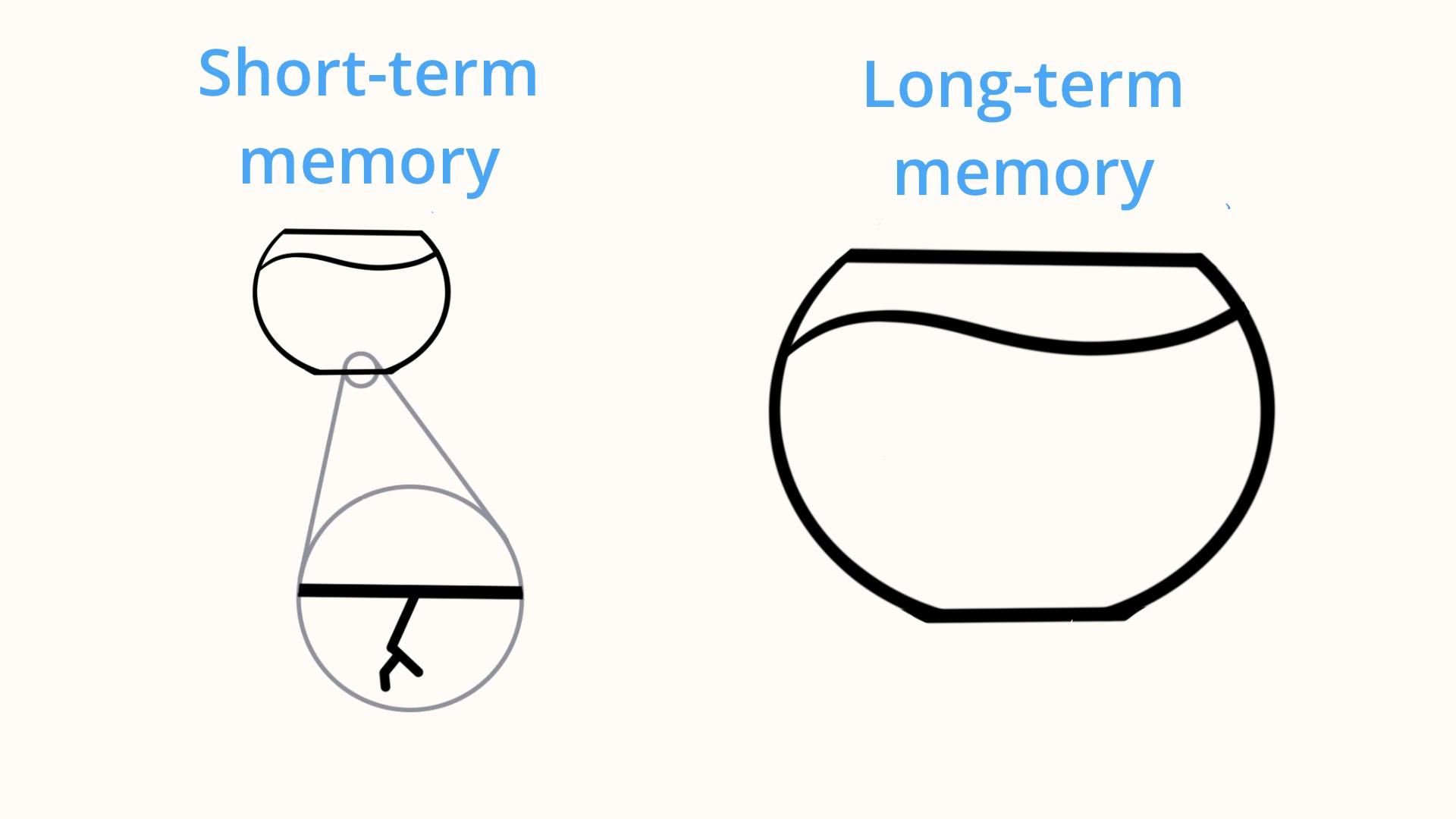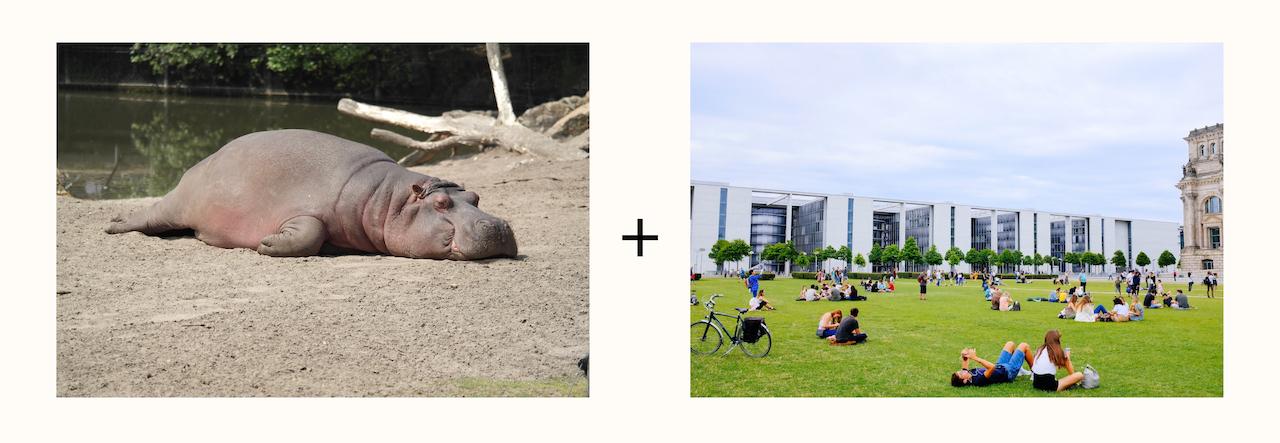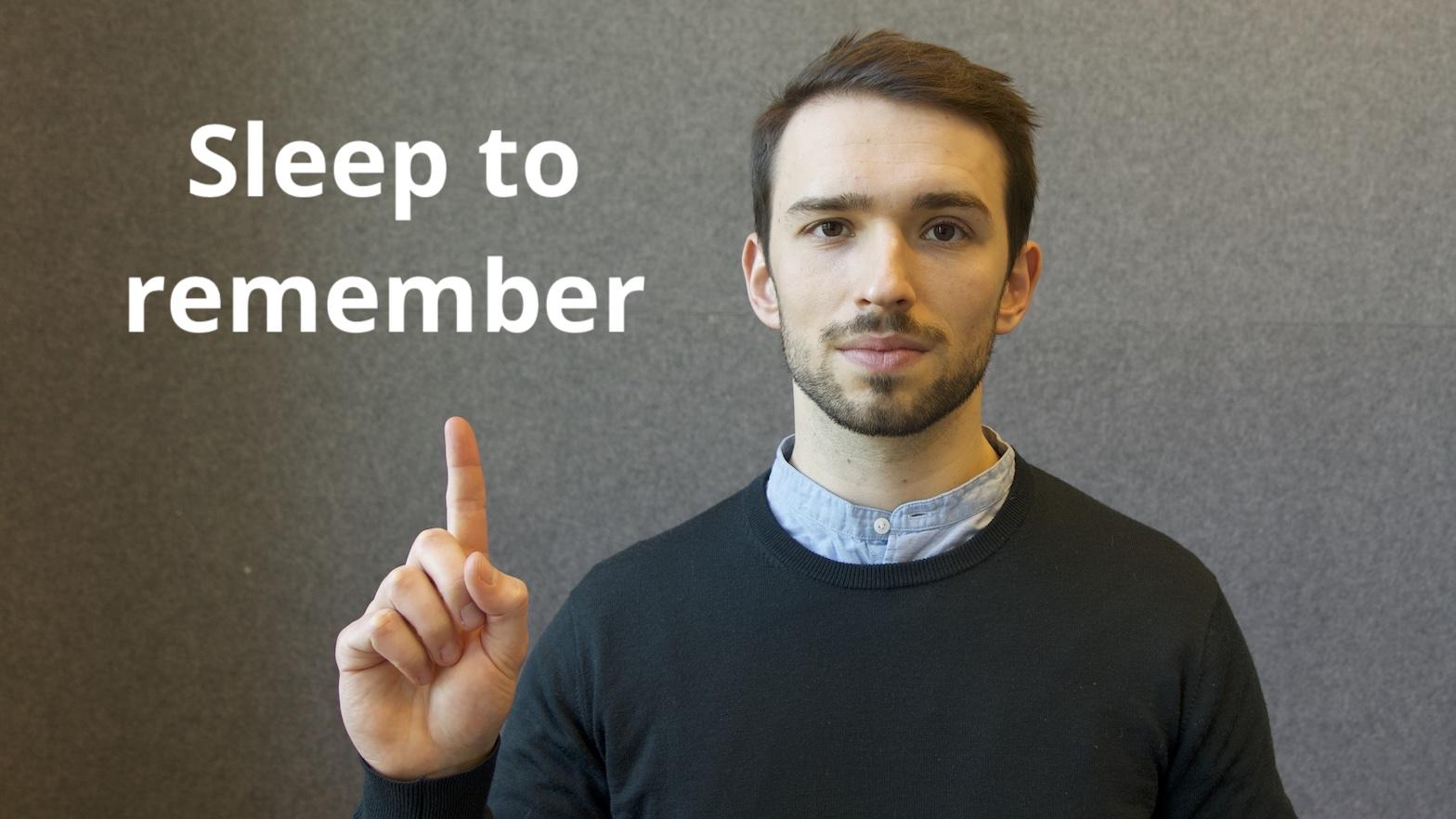This post is a transcript of a video mini-lecture on the importance of sleep for learning in my 'study smart' course for first-year bachelor students.
For every thirty seconds of this video, there will be a car accident caused by sleep deprivation in the US alone. That is more accidents than those caused by alcohol and drugs combined (Walker, 2017). A lack of sleep can lead to death. However, there are many other just as dramatic, but less visible and less talked about negative effects of not getting enough sleep. One of those is the impact on memory and learning.
To understand how sleep affects memory, we need to venture into the fields of psychology and neuroanatomy. If that sounds scary and you’re worried you won’t understand, rest assured: I’m no expert either, and will make the following discussion simple enough for anyone to understand. Let's begin.
Humans have two main types of memory, short-term memory and long-term memory. We can represent this system with two salad bowls filled with water. Long-term memory is where you want to store the things you want to learn. It’s huge, and once you park something in there, it usually stays put. Short-term memory, on the other hand, is minuscule and leaky. It can only hold a few pieces of information, and it does a bad job at that too. If information is stored in your short-term memory for too long, it slips out and is forgotten.

Next, let's look at how the two systems work together. Taking this lecture as an example, the content enters your eyes and ears and travels to your short-term memory. However, to continue the journey and reach your long-term memory, it needs help from a brain structure called the hippocampus.

Note: If you want to impress someone with your knowledge of neuroanatomy at a party (and probably be never invited again), just remember an image of a hippopotamus and a university campus. You’re welcome.

The hippocampus acts a little bit like a sponge. When we’re awake, it dips itself into the small bowl (short-term memory), soaks up the information stored there, and travels above the large bowl (long-term memory) where it waits for nighttime. When asleep, our brains switch to a special mode of electric activity called sleep spindles (yes, that's the official scientific name) which 'squeeze' the hippocampus and the information is deposited into our long-term memory.
If you don’t sleep tonight, not only will you not remember what you learned today (because your hippocampus will not get the signal to squeeze), but you also won’t remember what happens tomorrow (because your hippocampus will still be full of today's information). On the other hand, if you do get a good night's sleep tonight, your hippocampus will release today's learning into your long-term memory, and be ready to do its job tomorrow morning at full capacity.
The take-home message of this lecture is this: Remember to sleep, sleep to remember.
References
Walker, M. (2017). Why we sleep: The new science of sleep and dreams. Penguin UK.
Hippopotamus Photo by Tim De Pauw on Unsplash
Campus Photo by Adrien Olichon on Unsplash
OpenStax College, CC BY 3.0 <https://creativecommons.org/licenses/by/3.0>, via Wikimedia Commons
